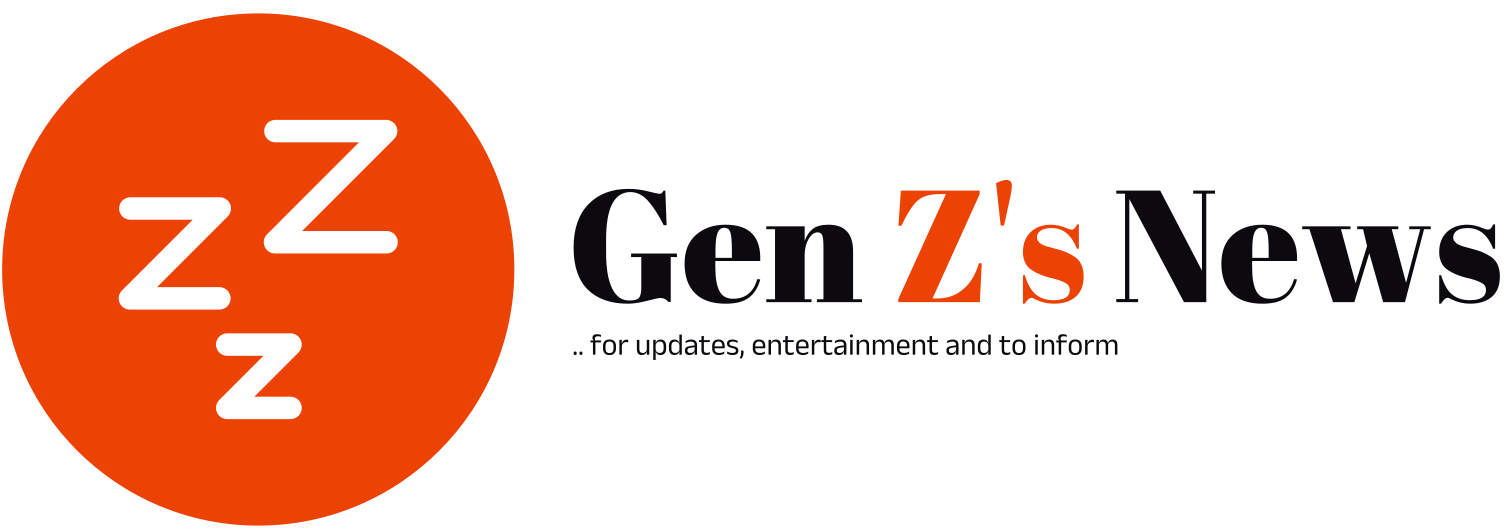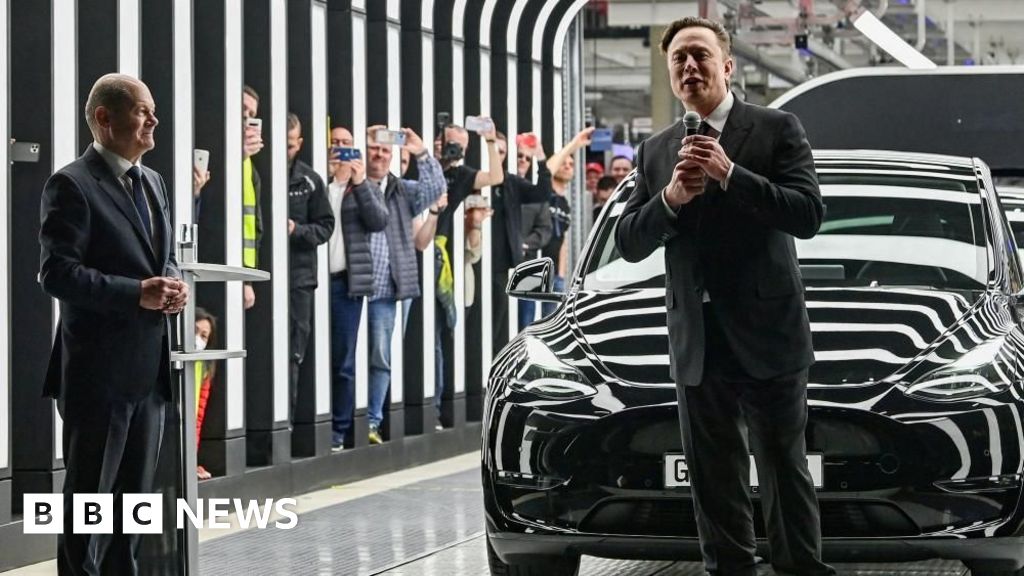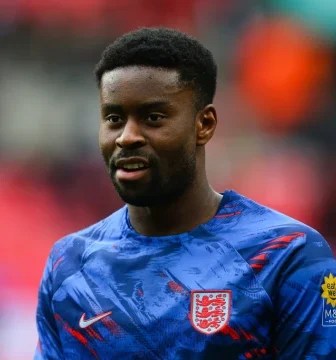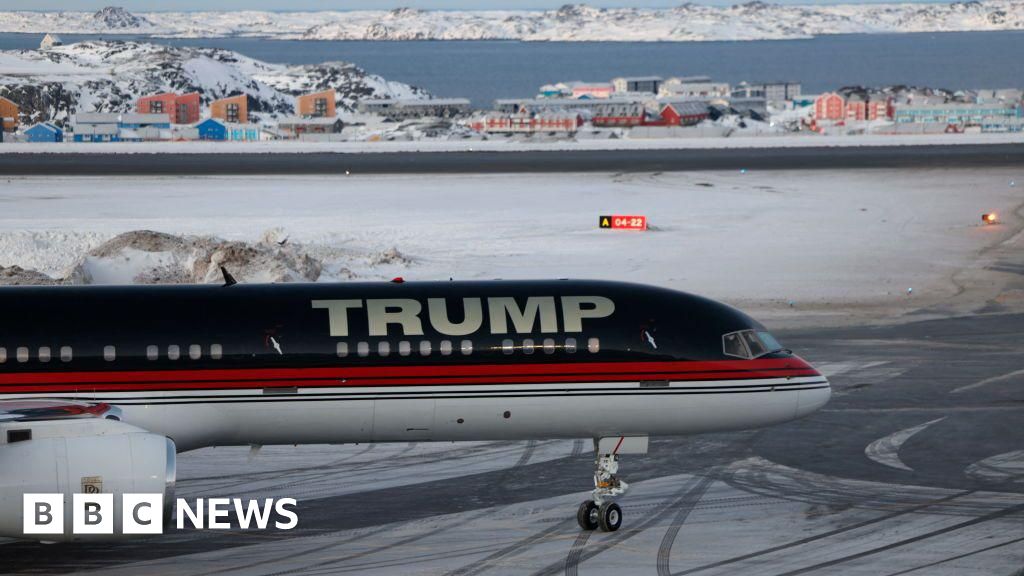Few European leaders have felt the lash of Elon Musk’s social media outbursts more than Germany’s Chancellor Olaf Scholz.
The tech-billionaire owner of X has called him an “incompetent fool” and urged him to resign. On Thursday Musk will use his platform to host Alice Weidel, the head of Germany’s far-right, anti-immigrant AfD for a lengthy chat.
For many German politicians it smacks of political interference, with the AfD running second in the polls ahead of federal elections on 23 February.
“You have to stay cool,” says Scholz. “Don’t feed the troll.”
Although some of Europe’s leaders, notably Italy’s Giorgia Meloni, have found favour with Musk, others are finding it hard to ignore him, as he ventures into their domestic politics ahead of a new role an adviser to the incoming US President Donald Trump.
In the space of 24 hours, four European governments have objected to Musk’s posts.
France’s Emmanuel Macron was among the first to expressed incredulity on Monday.
“Ten years ago, who would have believed it, if we had been told that the owner of one of the biggest social networks in the world would support a new, international reactionary movement and intervene directly in elections, including in Germany?” he said.
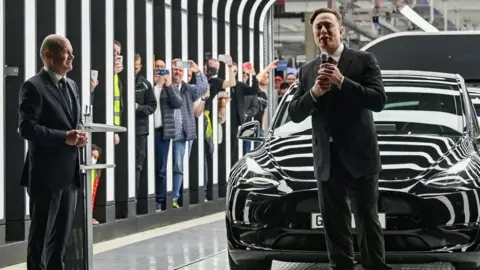 Reuters
ReutersNorwegian Prime Minister Jonas Gahr Store weighed in, too, saying he found it “worrying that a man with considerable access to social networks and significant economic resources is so directly involved in the internal affairs of other countries”.
Spain’s government spokeswoman, Pilar Alegría, said digital platforms such as X should act with “absolute neutrality and above all without any kind of interference”.
Musk has highlighted crime statistics in Norway and Spain, and blamed a deadly Christmas market attack in Germany on “mass unchecked immigration”.
In the past few days, Musk has written numerous posts attacking the UK Prime Minister Keir Starmer and his administration over grooming gangs and child sexual exploitation.
“Those who are spreading lies and misinformation as far and as wide as possible are not interested in victims, they’re interested in themselves,” said the UK prime minister, without mentioning Musk personally.
Two notable exceptions in Europe are Italy and Hungary.
Italy’s Prime Minister Giorgia Meloni has cultivated close ties with Elon Musk and calls him a “genius” and an “extraordinary innovator”.
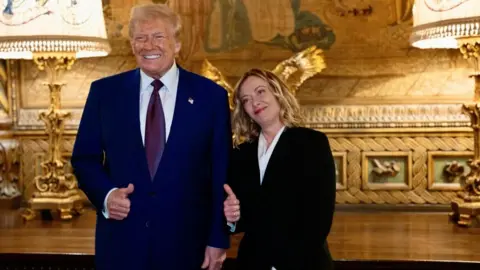 Reuters
ReutersAnd Hungary’s Viktor Orban, who met Musk while visiting Trump at Mar-a-Lago last month, shares Musk’s dislike of Hungarian-born liberal philanthropist George Soros.
But it is the tech-billionaire’s intervention in German politics that is most contentious, because of imminent elections.
He has spoken out several times in favour of the AfD in recent weeks, and wrote a highly controversial article for Welt am Sonntag in which he called the AfD the “last spark of hope” for Germany.
Musk justified his intervention at the time because of his company Tesla’s financial investment in Germany. He said portraying the AfD as right-wing, extremist was “clearly false”, because Alice Weidel had a same-sex partner from Sri Lanka.
German security services have labelled the AfD either as right-wing extremist or suspected extremist and the courts have ruled it pursues goals against democracy.
While Olaf Scholz has sought to stay calm, the Greens’ candidate for chancellor, Robert Habeck, was more blunt: “Hands off our democracy, Mr Musk.”
Liberal FDP leader Christian Lindner has suggested that Musk’s aim might perhaps be to weaken Germany in the US interest, “by recommending voting for a party that would harm us economically and isolate us politically”.
The former head of the European Commission’s digital agenda, Thierry Breton, took to X last weekend to warn Alice Weidel, the AfD’s candidate for chancellor, that Thursday’s live chat with Musk would give her “a significant and valuable advantage over your competitors”.
The European Commission has said there is nothing in the EU’s Digital Services rules that bans a live stream, or anyone expressing personal views.
However, a spokesman warned that platform owners should not provide “preferential treatment”. Musk’s X is already under investigation and the EU says the live stream will come under that inquiry.
While Musk has been outspoken on German politics, he has also been extending his business interests in Italy.
Giorgia Meloni had just been on a whirlwind trip to have dinner with Donald Trump at Mar-a-Lago when reports emerged that Italy was in talks with Musk’s SpaceX to sign a $1.6bn (£1.3bn) deal, under which Starlink satellites would provide encrypted internet and telecommunications services for the Italian government.
The deal does not yet appear to have been concluded and Rome has swiftly denied any contracts have been signed.
Musk said on Monday that he was “ready to provide Italy [with] the most secure and advanced connectivity” – without confirming a deal had been reached.
But the suggestion that Starlink could be entrusted with safeguarding the Italian government’s communications was enough to cause alarm among some opposition politicians in Rome.
“Handing over such a delicate service to Musk while he is sponsoring the European far right, spreading fake news and meddling in the internal politics of European countries cannot be an option,” said centrist leader Carlo Calenda.
